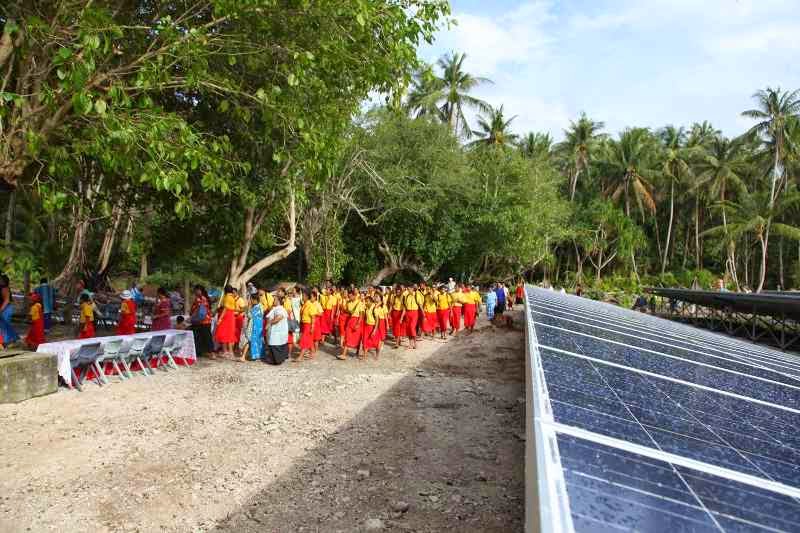A Partnership Forged for the Future
In 2013, at the Major Group Partnership Conference on Forest held in Rio de Janeiro, a work partnership opportunity was established between the NGO Viola and Green Impact International from Nigeria. This partnership was made possible by the interest of the Executive Director of NGO Viola, Ludmila Zhirina who was interested in the similarity of the work engagements with young people that Green Impact International does in Nigeria. Through this development and over the years, both organizations have shared best practices regarding idea exchange, youth group engagement programs, eco-teaching material development, and joint reporting for publicity. During our collaboration, NGO Viola shared the success of the SPARE program with Green Impact International, hoping it could inspire young people under the community outreach programs in Nigeria to learn best practices and ignite their interest in protecting the environment innovatively and passionately. It is delightful to note that we are...



Comments
Post a Comment